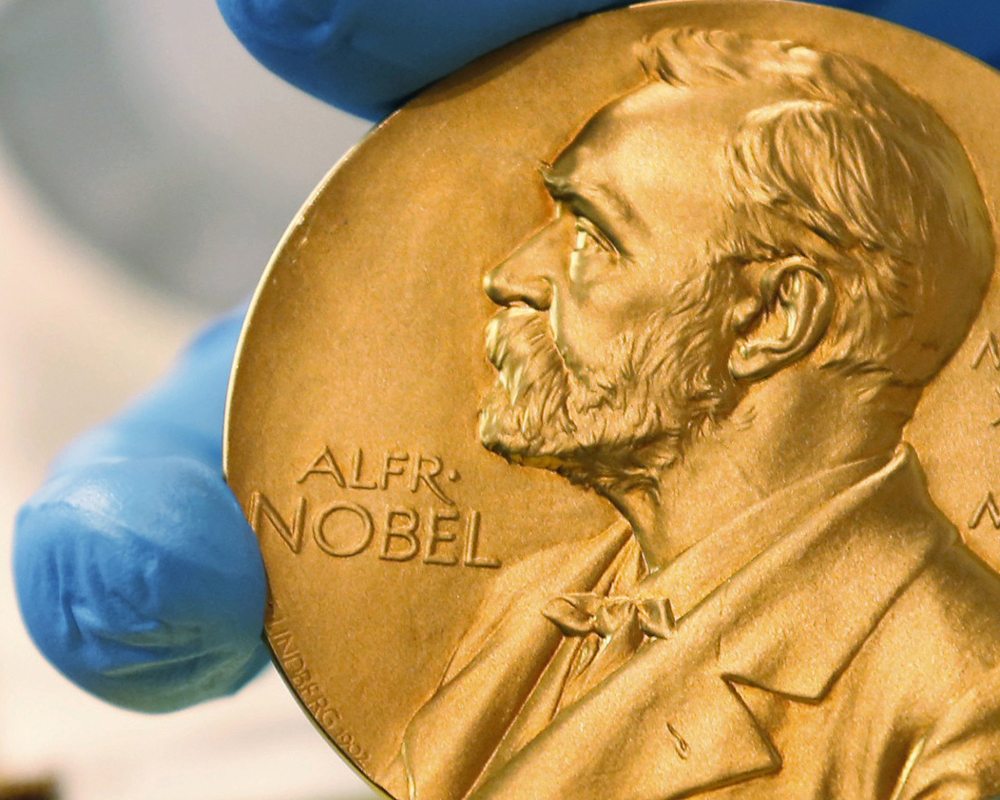Frances Arnold of California Institute of Technology in the US on Wednesday became only the fifth woman in history to win the Nobel Prize in Chemistry when the Royal Swedish Academy of Sciences announced the award that recognised two other scientists for their works on proteins.
While Arnold has won one half of the 9 million Swedish krona (Rs 7.3 crore) award, the other half would be shared by George Smith of University of Missouri in the US and Gregory Winter of the MRC Laboratory of Molecular Biology in Britain.
Before Arnold, only four women -- Ada Yonath in 2009, Dorothy Crowfoot Hodgkin in 1964, Irene Joliot-Curie in 1935 and Marie Curie in 1911 -- won the Nobel Prize in Chemistry.
"This year's Nobel Laureates in Chemistry have been inspired by the power of evolution and used the same principles -- genetic change and selection -- to develop proteins that solve mankind's chemical problems," the Royal Swedish Academy of Sciences said in a statement.
In 1993, Arnold conducted the first directed evolution of enzymes, which are proteins that catalyse chemical reactions. Since then, she has refined the methods that are now routinely used to develop new catalysts.
The uses of Arnold's enzymes include more environmentally friendly manufacturing of chemical substances, such as pharmaceuticals, and the production of renewable fuels for a greener transport sector.
The other half of this year's Nobel Prize in Chemistry would be shared by Smith and Winter.
In 1985, Smith developed an elegant method known as phage display, where a bacteriophage -- a virus that infects bacteria -- can be used to evolve new proteins.
Winter used phage display for the directed evolution of antibodies, with the aim of producing new pharmaceuticals.
The first one based on this method, adalimumab, was approved in 2002 and is used for rheumatoid arthritis, psoriasis and inflammatory bowel diseases.
Since then, phage display has produced anti-bodies that can neutralise toxins, counteract autoimmune diseases and cure metastatic cancer.
"The 2018 Nobel Laureates in Chemistry have taken control of evolution and used it for purposes that bring the greatest benefit to humankind," the Royal Swedish Academy of Sciences said.


























